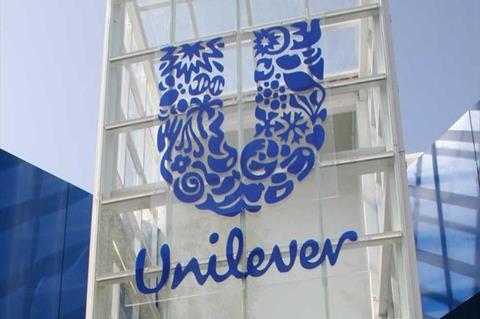
Unilever’s new CEO Hein Schumacher is under pressure to take a stand on the Ukraine war as the company faces a renewed backlash for continuing to operate in Russia.
Campaigners have called on Schumacher, who replaced Alan Jope as Unilever’s CEO at the start of this month, to pull the Dove and Marmite maker out of Russia after the company was named as an international sponsor of war by the Ukrainian government.
Schumacher was met with protests at Unilever’s London headquarters this Monday. The Ukraine Solidarity Project put up a billboard outside Unilever’s HQ in Blackfriars showing pictures of wounded Ukrainian solders and the slogan “Helping to fund Russia’s war in Ukraine”.
The Moral Rating Agency, which monitors western companies still doing business in Russia, also called on Schumacher to “use his new position to do the moral thing”.
The calls came as the Ukrainian government placed the Magnum maker on its ‘sponsors of war list’, alongside other big food companies still operating in Russia such as P&G and Mondelez.
Unilever has previously come under fire for continuing to sell products such as ice cream and tea in Russia, despite claiming it only sold “essentials” in the country suchs as soap and baby formula.
A project spearheaded by the Ukrainian Foreign Affairs Ministry and the National Agency on Corruption Prevention showed Unilever Russia paid about $50m in taxes to the budget of the Russian Federation for 2022 after profits doubled from 4.8 billion rubles (€56m) in 2021 to more than 9.2 billion rubles (€108m).
Its Moscow business, operating as Unilever Rus LLC, contributed 1.4% of the group’s total turnover in 2022 (€60.1bn) and 2% of the group’s net profit (€8.3bn), the latest accounts showed.
⚡️Breaking: We installed a giant billboard outside @Unilever’s HQ in London to send their new CEO a message on his 1st day in office: Pull out of Russia. Paying taxes in Russia has consequences on people’s lives. Lives of people like these brave men injured defending Ukraine. pic.twitter.com/LTNQO7DxC7
— Ukraine Solidarity Project (@SolidarityUKR) July 3, 2023
Outgoing CEO Jope previously said volumes in the Russian business “were down significantly by double digits” since it ceased all Russian imports and exports in March last year, shortly after the Ukraine invasion. He pointed to rising inflation and exchange rates as the main reasons behind the rise in value sales.
However, Dutch investigative group Follow the Money also found Unilever increased advertising spend by 10% to 21.7bn rubles last year, despite promising to stop all media and advertising spend and capital flows in Moscow.
The company echoed its February statement when contacted by The Grocer.
“Our focus remains on ensuring the wellbeing of our Ukrainian employees and their families, including by helping them find safety in nearby countries and by setting up accommodation in the west of Ukraine for those who have chosen to stay,” the statement said.
It added: “We continue to supply our everyday food and hygiene products made in Russia to people in the country.
“We understand why there are calls for Unilever to leave Russia. We also want to be clear that we are not trying to protect or manage our business in Russia.
“However, for companies like Unilever, which have a significant physical presence in the country, exiting is not straightforward.”
Read more: Unilever appoints Royal FrieslandCampina boss as CEO to take over from Alan Jope
The company argued its departure risked seeing valuable assets taken by the Kremlin and therefore used to directly fund Vladimir Putin’s invasion of Ukraine.
It has also emerged that Unilever might be subjected to a new law in Russia that could lead to the conscription of its 3,000 employees across its four factories and head office.
A Ukraine Solidarity Project spokeswoman told The Guardian: “Unilever is contributing hundreds of millions in tax revenues to a state which is killing civilians and funding a mercenary group about to be designated a terrorist organisation in the UK.
“It risks its staff and resources being mobilised into Putin’s machine. Some of the world’s biggest companies have already left Russia. It’s possible – after 16 months of war – that the time for excuses has passed.”







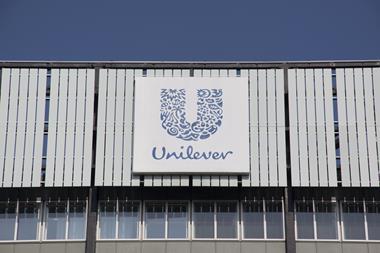
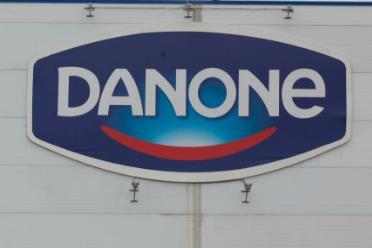
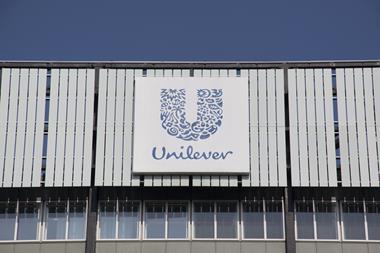
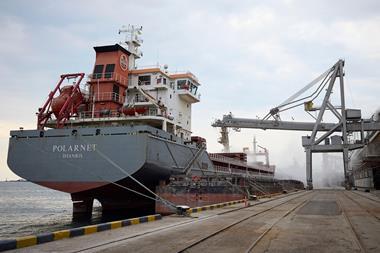
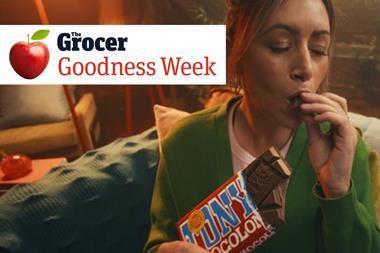
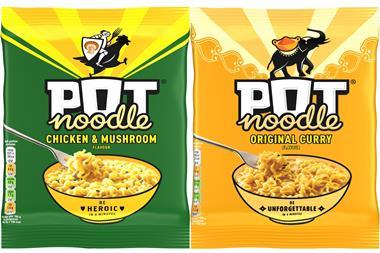
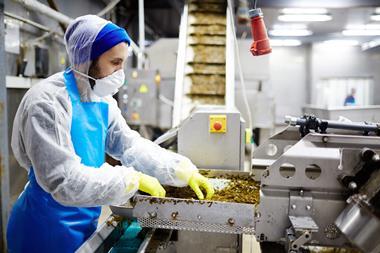
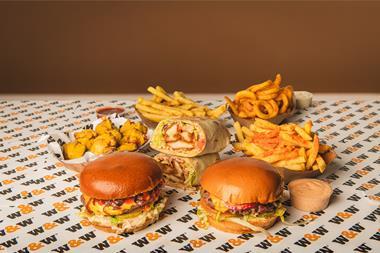
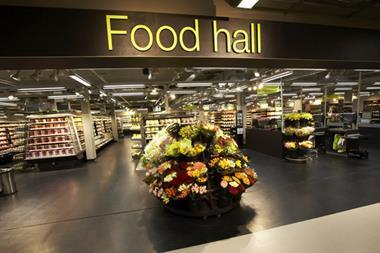
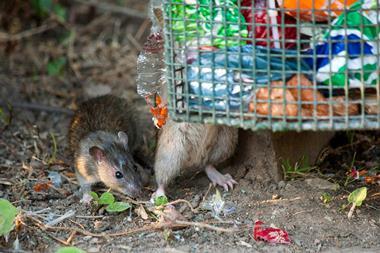

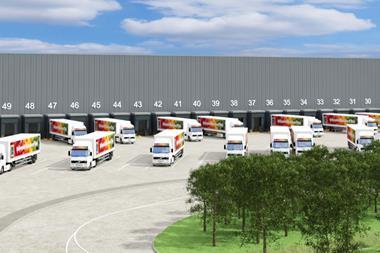
No comments yet